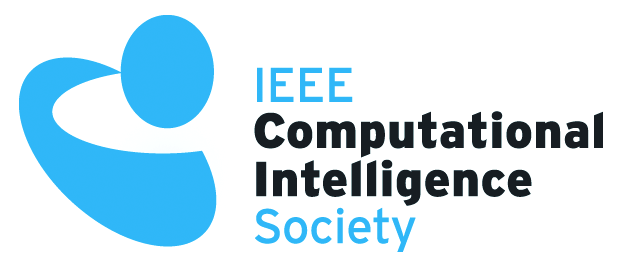Tutorial 1
Introduction to Computational Brain-Mind
Abstract
The mind is what the brain does. This tutorial presents introductory material for mapping a mind model to the corresponding brain, assisting understand the biological human brain and the mind arising from it, especially the computational underpinnings. That is why the words “Brain-Mind” are hyphenated in the title of this tutorial.
This material strives to unify natural intelligence with artificial intelligence. It approaches intelligence through not only what intelligence is but also how intelligence arises.
Examples of disciplinary questions related to the material to be presented:
Biology: How does each autonomous cell interact with the environment to give rise to animal behaviors, and what cellular roles is the genome likely to play?
Neuroscience: From an overarching perspective, how does a brain self-wire, perform top-down attention, and develop its functions?
Psychology: How does an integrated brain architecture accomplish multiple psychological learning models and develop brain’s external behaviors?
Computer Science: How does a brain-like network compute, adapt, reason, and generalize, and how is the automaton theory related to the brain-like network?
Electrical Engineering: How does a brain-like network perform general-purpose, nonlinear, feedback sensing-and-control, beyond traditional nonlinear control?
Mathematics: How does a brain-like network perform general-purpose, nonlinear optimization, and how does a brain realize emergent functionals?
Physics: How do meanings arise from physics, and how does a brain-like network treat space and time in a unified way, reminiscent of relativity?
Social sciences: How do computational principles of human brains provide insight into possible solutions to a variety of social and political problems?
The theory, mechanisms and algorithms are presented with related experimental results.
Biography
Juyang (John) Weng is a professor at the Department of Computer Science and Engineering, the Cognitive Science Program, and the Neuroscience Program, Michigan State University, East Lansing, Michigan, USA. He received his BS degree from Fudan University in 1982, his MS and PhD degrees from University of Illinois at Urbana-Champaign, 1985 and 1989, respectively, all in Computer Science. From August 2006 to May 2007, he was also a visiting professor at the Department of Brain and Cognitive Science of MIT. His research interests include computational biology, computational neuroscience, computational developmental psychology, biologically inspired systems, computer vision, audition, touch, behaviors, and intelligent robots. He is the author or coauthor of over two hundred fifty research articles. He is a Fellow of IEEE, an editor-in-chief of International Journal of Humanoid Robotics and the Brain-Mind Magazine, and an associate editor of the IEEE Transactions on Autonomous Mental Development. He has chaired and co-chaired some conferences, including the NSF/DARPA funded Workshop on Development and Learning 2000 (1st ICDL), 2nd ICDL (2002), 7th ICDL (2008), 8th ICDL (2009), and INNS NNN 2008. He was the Chairman of the Governing Board of the International Conferences on Development and Learning (ICDLs) (2005- 2007, http://cogsci.ucsd.edu/~triesch/icdl/), chairman of the Autonomous Mental Development Technical Committee of the IEEE Computational Intelligence Society (2004-2005), an associate editor of IEEE Trans. on Pattern Recognition and Machine Intelligence, an associate editor of IEEE Trans. on Image Processing.






